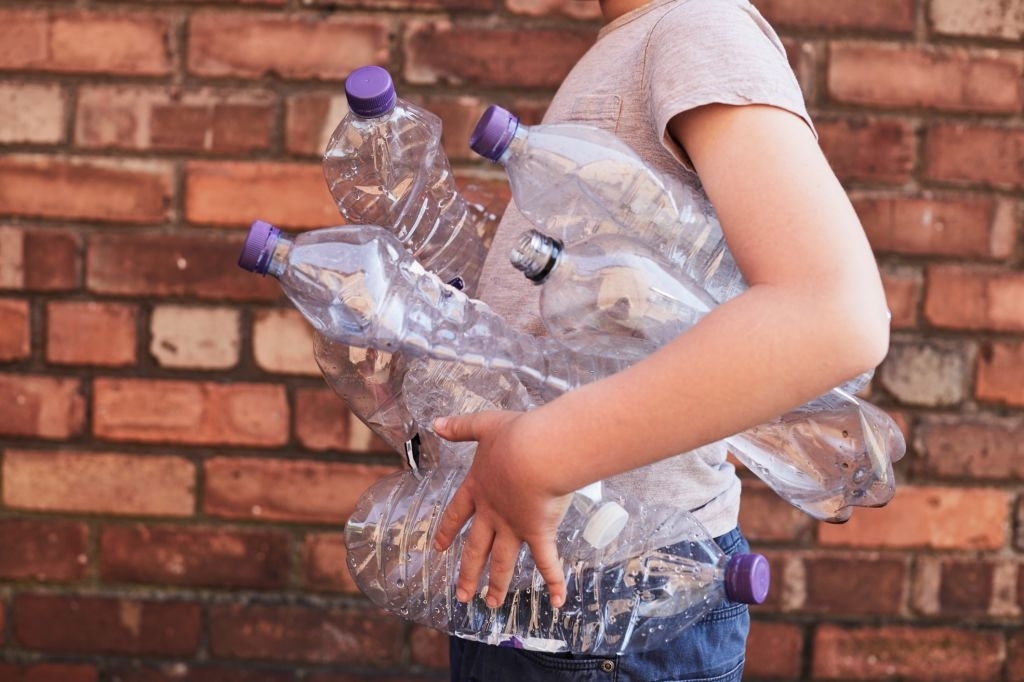
Recycling can seem difficult for many people, especially those that do not fully understand the concept of recycling and the various factors that influence this process. There are many different aspects of recycling plastics like market demand, cost of the process, rules and regulations and the overall recycling system.
Despite the fact that the recycling process is affected by many different things, consumers play the most critical role as it is important for people to become familiar with some of the most important recycling facts about plastics. These are:
1. Recyclable Plastics at Local Level
Market demand and rules and regulations set by the government play a huge role in the recycling of different types of plastics. It is important for the consumer to be familiar with the kind of plastics that you can recycle in their area.
Generally, stretch films, stretch wraps and coffee cups are recyclable. Therefore, if you know about the types of plastics that can be recycled in your area, you can put the right things in the recyclable bin to ensure more plastics are being reused.
2. The Majority of Plastics are Recyclable
It might be surprising to many people, but the truth is that you can find a huge amount of recyclable plastics in your home. Most of us tend to make the mistake of only looking for recyclable plastics in our kitchens.
However, there are many other materials like plastic containers for detergent, bleach and gardening products that are also recyclable but people often throw them away.
Your local recycling company is typically equipped to help you with this in order that you can find the maximum amount of recyclable plastics in your home.
3. Plastic Caps and Lids
Plastic caps and lids are usually made up of high-density polyethylene which is recyclable plastic. When putting the plastic bottles in a recycling bin or giving them to a plastic recycling company, you should put the plastic caps and lids back on the bottles.
These are separated later in the recycling process but as a general rule, always give plastic caps and lids to the recyclers.
4. Unlimited Recycling
There are certain types of plastics that suffer from quality loss upon recycling. However, such limitations are not present for many types of plastics, glass, metal, and aluminium.
Stretch films, for instance, are capable of being recycled over and over again. Moreover, advancements in recycling technology and processes have made it possible to recycle a lot of materials quickly and more efficiently.
5. Uses of Ocean Plastics
Due to an increase in awareness about the possible harmful effects of plastics, especially in the ocean, recycling has seen a considerable boost in popularity.
There are a lot of companies that are working to remove plastics from the ocean and recycle and reuse them. It is a very good strategy as it does not only clean up the ocean but also creates new avenues for plastics to be reused.
6. The Role of Technology
There are many recycling facilities that work manually and sort out plastics by hand. At the same time, modern tools and technology play a crucial role in revolutionizing plastic recycling procedures.
Some such advancements include implementing automated and robotic solutions to sort out plastic packaging at a rapid rate. Similarly, machines are available to quickly remove the labels from plastic bottles while safeguarding the structure of the plastic.
An infrared laser is often used for sorting and recycling different kinds of plastics.
7. The Growth in Plastic Recycling
One of the most interesting aspects of the plastic recycling industry is that it is constantly rising. Both the demand and need for plastic recycling have grown dramatically over the last decade.
Furthermore, the availability of modern recycling programs for different types of plastics like containers, lids, stretch films, stretch wraps and bags has made it much easier for people to recycle plastics.
Final Thoughts
The bottom line is that plastic recycling is expanding due to consumer interest as well as new innovations in this multifaceted process. Due to the widespread efforts of the recycling industry, the public and organizations that are pushing for eco-friendly and sustainable development, the trend is expected to rise in the future as well.
Ultimately, plastic recycling is something that is not restricted to one particular country or section of society. Instead, it benefits the entire world and humanity, so it is crucial for all of us to play our role in ensuring maximum recycling of plastics.





